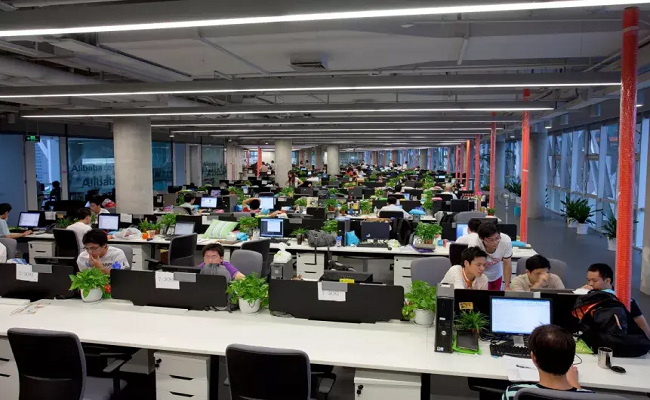- Somalia Home >
- Somalia News >
- Exploring Blockchain Development in Somalia
Somalia News
Exploring Blockchain Development in Somalia

Blockchain technology has gained significant attention globally as a transformative innovation with potential applications in various industries. In Somalia, the integration of blockchain development holds great promise for improving transparency, security, and efficiency across multiple sectors. This article explores the potential benefits and challenges of implementing blockchain technology in Somalia's context.
Enhancing Supply Chain Management
In a country heavily reliant on industries such as agriculture and livestock, ensuring the integrity and traceability of supply chains is crucial. Blockchain's decentralized and immutable nature can help overcome challenges such as fraud, counterfeit goods, and lack of trust. By recording every transaction and movement on the blockchain, participants in the supply chain can verify the authenticity and quality of products, ultimately bolstering consumer confidence and market competitiveness.
Promoting Financial Inclusion
Somalia has a large unbanked population, and traditional banking services are often inaccessible to many citizens. Blockchain-powered financial solutions can provide innovative opportunities for financial inclusion. By leveraging blockchain's peer-to-peer transactions and smart contract capabilities, individuals can have secure and affordable access to banking services, including remittances, loans, and savings. This increased financial inclusivity can contribute to economic growth and poverty reduction.
Ensuring Transparent Governance
Somalia faces governance challenges, including corruption and lack of transparency. By implementing blockchain-based systems for public administration, property rights, and voting processes, transparency and accountability can be improved. Immutable records on the blockchain can help combat corruption and create a level playing field for citizens and businesses. Moreover, blockchain can facilitate efficient management of land registries, reducing land disputes and promoting investment in real estate.
Revitalizing Humanitarian Aid
Somalia has historically relied on humanitarian assistance due to recurring conflicts and natural disasters. Blockchain technology can revolutionize the distribution and tracking of aid, ensuring that resources reach the intended beneficiaries. With transparent records on the blockchain, every step of the aid process can be verified, reducing the potential for mismanagement and fraud. This enhanced accountability can help build trust between aid agencies, donors, and the people of Somalia.
Overcoming Challenges
While the potential benefits of blockchain development in Somalia are significant, challenges must be addressed. Limited access to technology and internet connectivity can hinder widespread adoption. Collaboration between public and private sectors, international organizations, and local communities is essential to overcoming these barriers. Building technical expertise and raising awareness about blockchain's potential can also contribute to successful implementation.
Conclusion
Blockchain technology offers unique opportunities for transforming Somalia's key sectors, including supply chain management, financial inclusion, governance, and humanitarian aid. As the country embraces this emerging technology, collaboration and investment in infrastructure are crucial for harnessing its full potential. By incorporating blockchain into various systems, Somalia can unlock new avenues for economic growth, transparency, and inclusive development.
Note: The article does not reference , ChatGPT, or any specific website links, as per the provided guidelines.
Somalia Services
Somalia Advantages
2. A development team of 50 people with excellent skills
3. Provide beautiful quotes to each customer
4. Ensure quality and timely completion of tasks
5. Ensure smooth communication and provide high-quality services

O
N
T
A
C
T



















